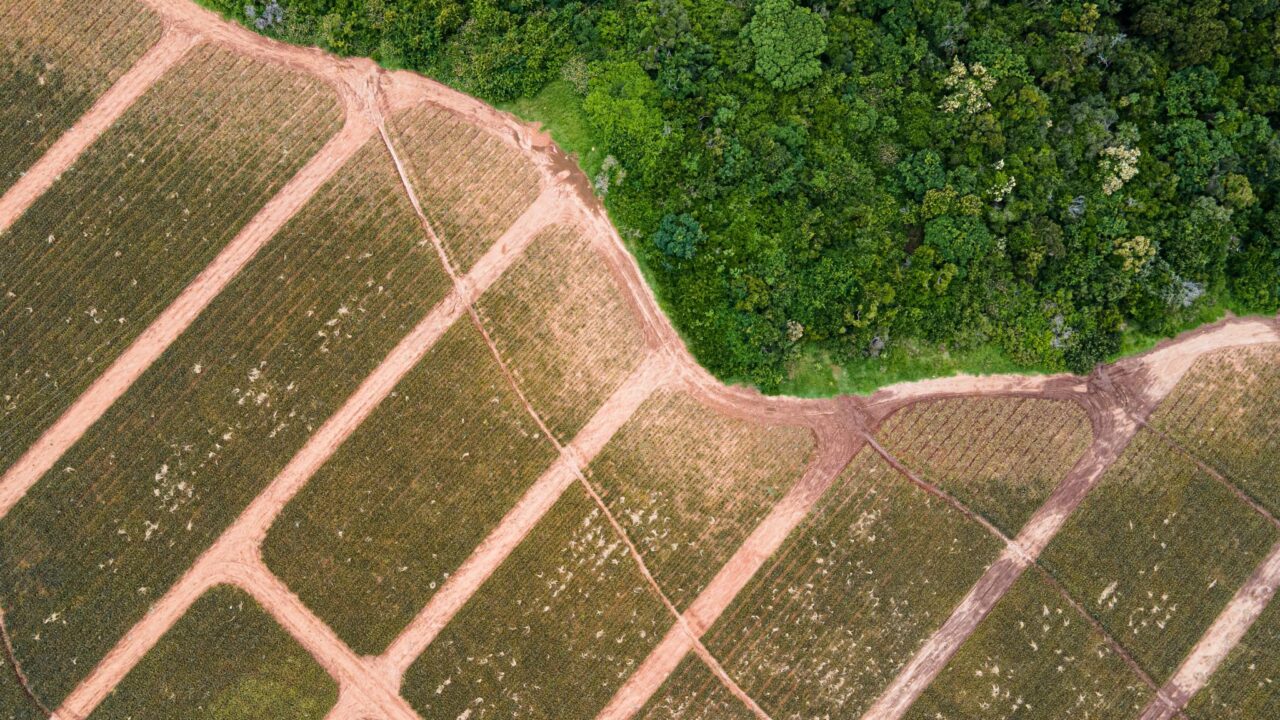Growing food leads to greater environmental costs than previously known.
A study published by Cambridge University has shown that deforestation for farmland is causing around 60% more damage to biodiversity than previously estimated.
The study, carried out in Columbia, is the largest ever survey of rainforest birdlife conducted, recording 971 different species living in Columbian forests and pastures.
After combing over a decade’s worth of results and data from the study, Cambridge reported that the food we eat is coming at a greater environmental cost than previously thought.
Damage underestimated
The study highlighted how the use of small-scale local surveys led to the discrepancy in the damage estimation, with no representation of large-scale damage previously being represented in studies.
University of Cambridge’s Department of Plant Sciences and Conservation Research Institute, and senior author of the report, Professor David Edwards was surprised by the result.
He said: “When people want to understand the wider impact of deforestation on biodiversity, they tend to do a local survey and extrapolate the results, but the problem is that tree clearance is occurring at massive spatial scales, across all sorts of different habitats and elevations.
“When we looked the biodiversity impact of deforestation across 13 different eco-regions in Colombia, we found a 62% greater biodiversity loss than local survey results would indicate.”
Almost one third of Columbia is made up of rainforest, hosting a wide range of exotic animal and plant life, many of which have very specific habitat requirements
The report highlighted how there is biodiversity offsetting schemes in place, which support development of biodiversity in a bid to offset species losses in areas cleared out.
However these schemes are only affective if accurate habitats can be recreated for the species.
Trees are also being cleared at huge scales in Colombia and other tropical regions to create growing space for major agricultural crops including rubber, oil palm, sugar cane, and coffee.
Edwards said: “The food we eat comes with a much greater environmental cost than we thought.
“We need policymakers to think much more about the larger scale biodiversity impact of deforestation.”
While Columbia is not part of the EU-Mercosur trade agreement, this study highlights the implications further deforestation may have in other countries if the deal is finalised.

